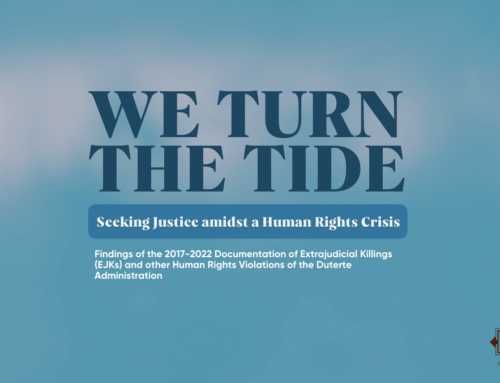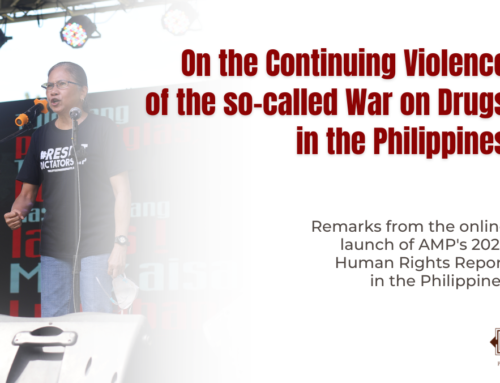 featured, News-Events, Press Releases
featured, News-Events, Press Releases  Blog article: Advances in D.C. Foster Care Reform, but Child Abuse Investigations Still an Issue
Blog article: Advances in D.C. Foster Care Reform, but Child Abuse Investigations Still an Issue15 Jul 2014 / Posted by cr
Children’s Rights to Address Progress and Pitfalls at Wednesday’s Federal Court Hearing
(New York, NY) – The District of Columbia’s Child and Family Services Agency (CFSA) has made some recent improvements, but is still struggling to conduct quality child abuse investigations, according to a report by an independent monitor to be discussed in federal court tomorrow.
The hearing is scheduled for 2:30 p.m. on Wednesday, July 16th, before Judge Thomas F. Hogan. It will take place in Courtroom 25A of the U.S. District Court for The District of Columbia, 333 Constitution Ave. N.W. in Washington, D.C.
The progress report, issued by the Center for the Study of Social Policy (CSSP), covers the second half of 2013. It details the agency’s compliance with the court-ordered reforms spurred by LaShawn A. v. Gray, a federal class-action lawsuit brought by national advocacy organization Children’s Rights. According to the report, CSSP’s “overall assessment” of the District’s progress “remains positive.”
During the review period, Washington, D.C. reached one benchmark for the first time by ensuring that 96 percent of foster parents with renewed licenses received 30 hours of training. The agency also made sure more kids received health screenings: during three months of the 6-month review period, 100 percent of kids entering care received these screenings. In addition, the agency continued to place most kids entering care in family settings and keep siblings together.
But serious concerns remain. According to the report, “Ensuring consistent quality investigations continues to be an area where CFSA struggles.” Only 65 percent of child abuse and neglect investigations were of acceptable quality – a 5 percent drop from last monitoring period, and below the 80 percent standard.
While the report notes improvements to investigative worker caseloads and the timeliness in which investigations were completed, a supplemental monitoring report – created at the District’s request to show more timely data for select measures before the court hearing – shows performance in these areas has declined. According to the supplemental report, which shows mixed results overall, in March 2014, only 48 percent of investigations were completed within 35 days, well short of the 90 percent standard.
“District leaders have made important changes to the foster care system, but it is clear that crucial work remains in order for D.C.’s kids to have the strong safety net they deserve,” said Marcia Robinson Lowry, executive director of Children’s Rights. “It is critical for the CFSA to focus on improving its investigations of child abuse and neglect allegations. It is essential for the District to do everything it can to ensure children are protected.”
The monitor also highlighted other issues of concern. Caseworkers are not visiting parents often enough when the goal is to reunify them with their children, and CFSA is still struggling to find permanent homes for children who have been in care for more than a year. By September 30, 2013, 45 percent of kids who had been in foster care between 12 and 25 months were required to have permanent homes through reunification, adoption or legal guardianship, but only 38 percent did. And while 40 percent of kids in foster care for more than 25 months were to have permanent homes by the same date, only 20 percent did.
“It’s unclear whether CFSA has adequate strategies in place to find permanent homes for children who have been in foster care for over two years,” said Lowry. “No child deserves to spend years in foster care. It should be a temporary stop, on the way to a permanent family.”
Children’s Rights filed the LaShawn A. case in 1989. Following a 1991 trial on the merits and a finding by the court that the District’s child welfare system violated applicable law, a court-enforceable reform plan was negotiated between Children’s Rights and defendants and approved by the court in 1993. In the years that followed, the District made only minimal progress toward achieving reform, prompting the court to impose the extreme remedy of a federal takeover of the system’s management in 1995. The District regained control of the beleaguered agency in 2000.
The full text of both the full monitoring report and the supplemental report and a complete collection of materials related to the LaShawn A. reform class action are available at www.childrensrights.org/dc.
![]()








